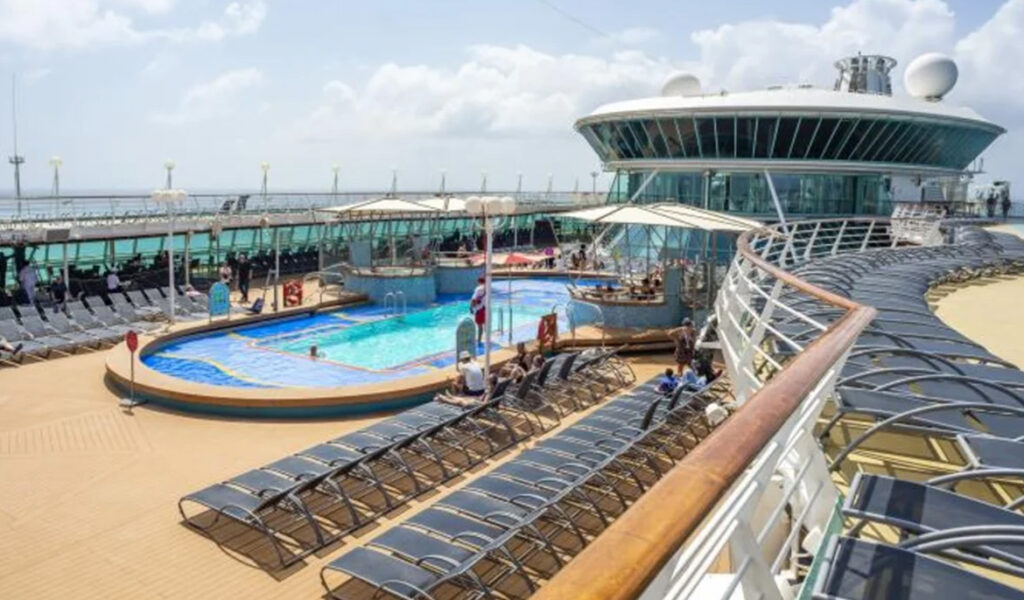The Cypriot government is in the process of creating a national strategy for cruise tourism, aimed at transforming the island into a prime destination in the Eastern Mediterranean, it emerged on Wednesday.
The new cruise strategy, set to be finalised by the first half of 2025 is expected to further bolster the economy and job market, considering the sector’s contributions to the tourism and hospitality sectors.
According to a report by Philenews, the government has initiated a public consultation on the strategy, urging stakeholders to contribute their thoughts and recommendations by September 6.
This approach, the report continued, will provide a comprehensive overview of the current landscape, identifying key competitive advantages, opportunities for growth, and areas in need of enhancement.
The strategy will be executed in two distinct phases. Firstly, it will involve a review of the current state of the sector by February 28, followed by the development of a detailed action plan due by June 30, 2025.
The strategy is built on four strategic pillars. These include the improvement of existing infrastructure, refining processes and services, developing and promoting tourism products, and strengthening institutional governance.
The process is expected to begin with an in-depth analysis of Cyprus’ ports and marinas to assess the potential for new developments or upgrades.
Furthermore, a thorough review of passenger processes—including embarkation, disembarkation, and security procedures—will complement this analysis.
At the same time, the report noted that there will be a coordinated effort to develop a comprehensive promotional strategy.
This will include the creation of promotional materials, the establishment of a specialised network, and the use of modern advertising techniques.
These efforts, the report added, will aim to showcase Cyprus’ unique offerings, spark interest, and encourage collaborations with cruise operators.
To ensure the strategy’s effective implementation, a cruise tourism development committee will be established, comprising representatives from various governmental sectors.
This committee is expected to oversee the strategic rollout of the strategy, while it will also facilitate ad hoc working groups that will review specific issues.
The coordination of these efforts will be managed by the Shipping Deputy Ministry. The ministry will be tasked with keeping an inter-ministerial committee informed and actively involved in the decision-making process.



